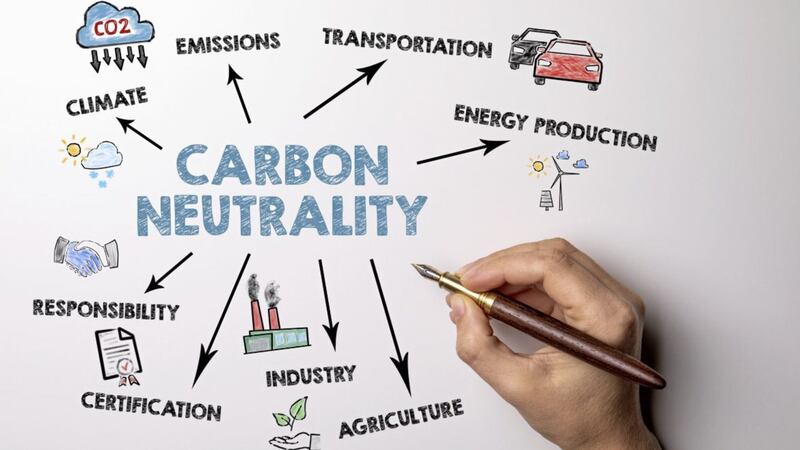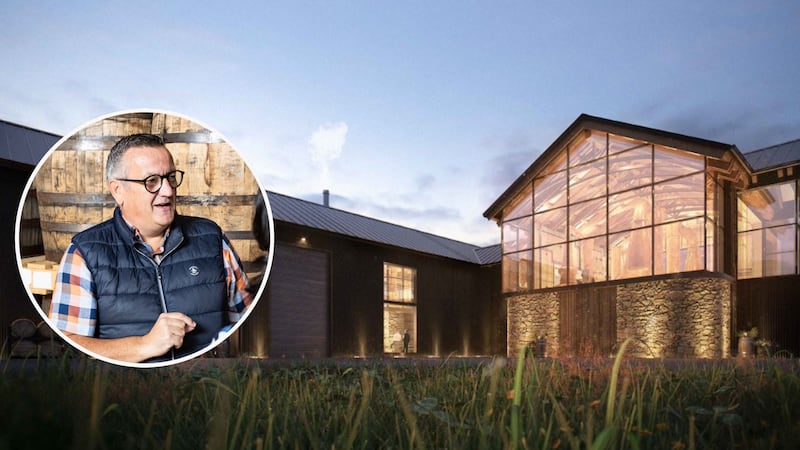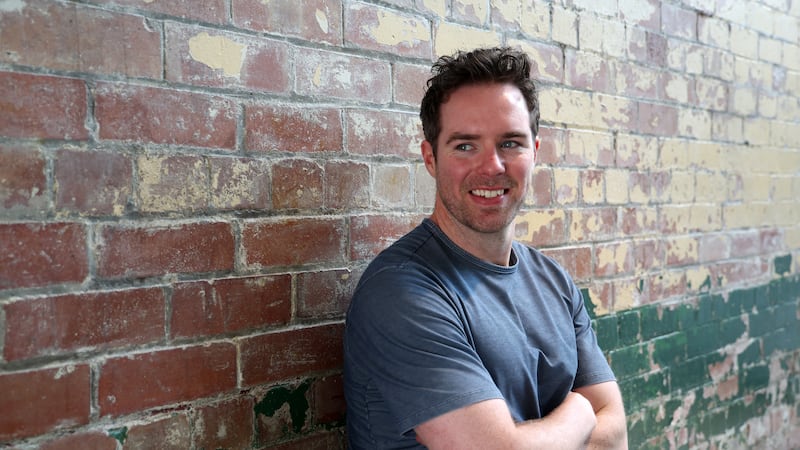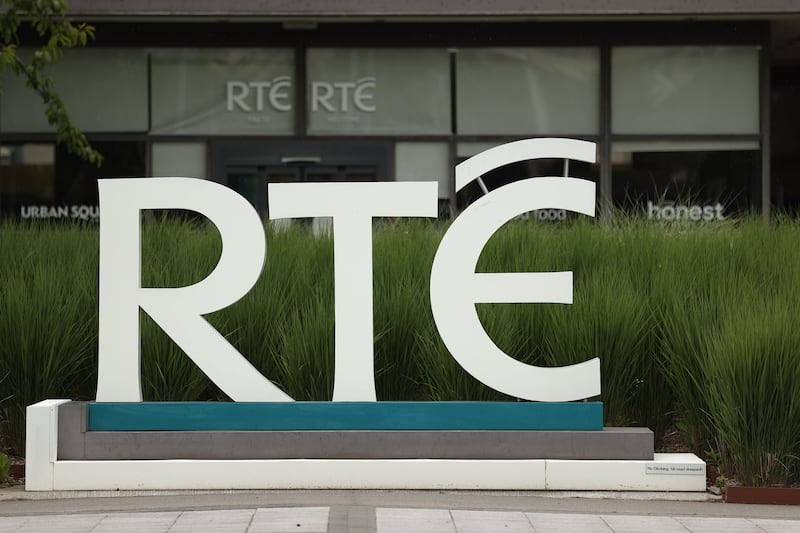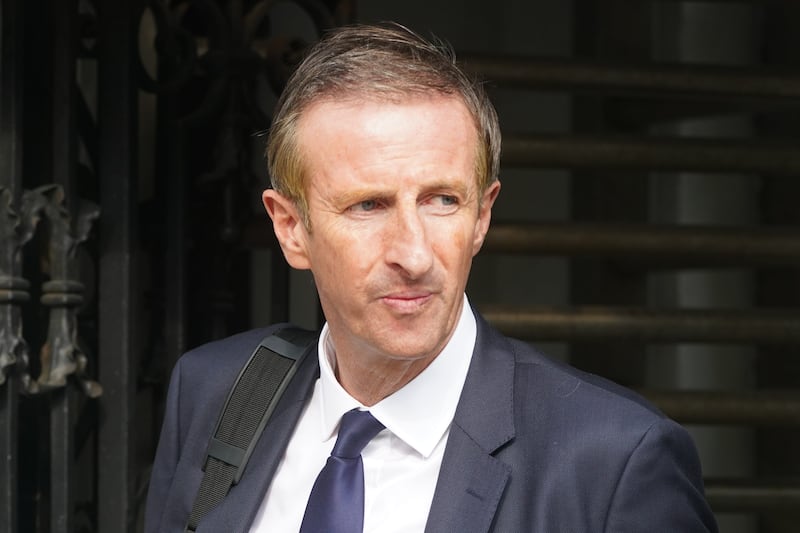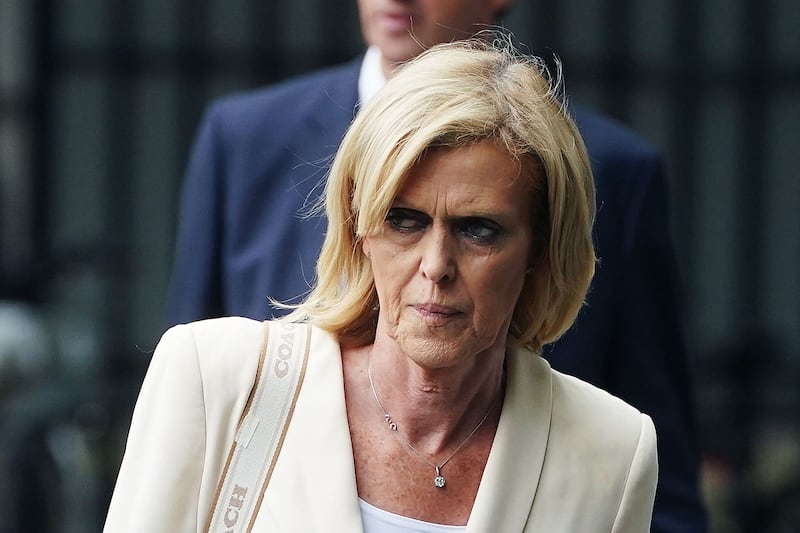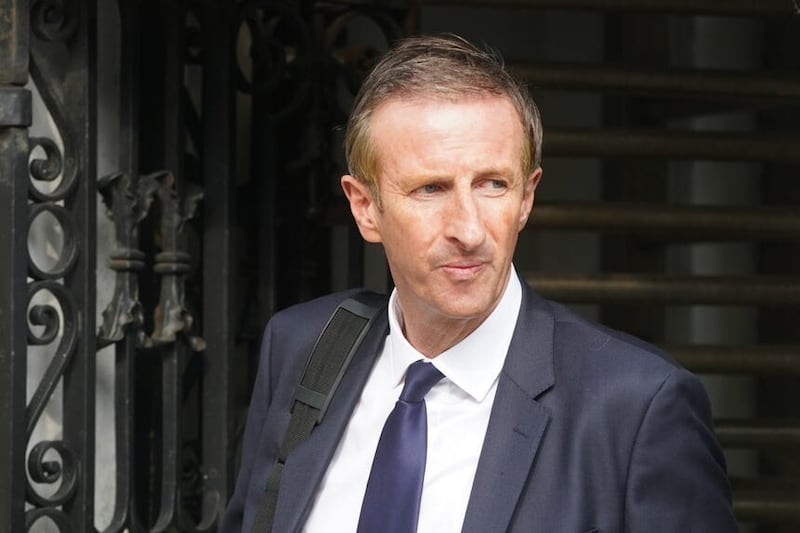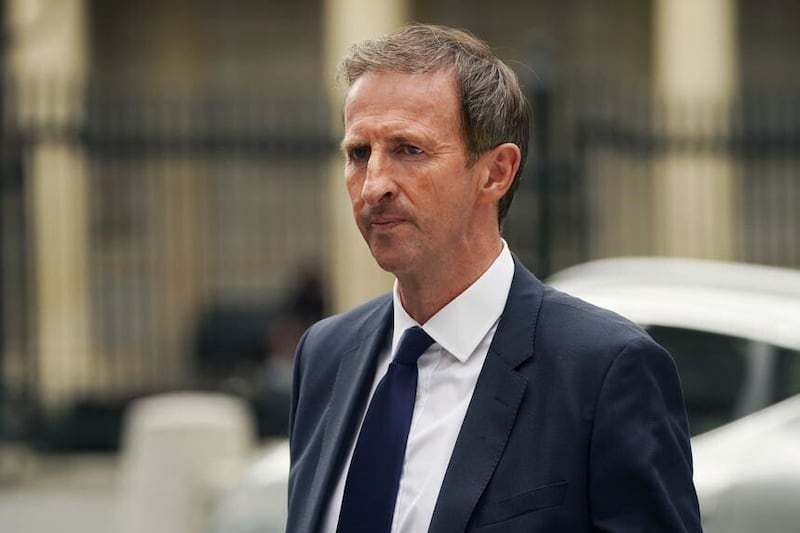IT'S been a pleasure to meet with Northern Ireland-based members of RICS over the past few days, during a visit by myself and RICS president Clement Lau about a wide range of issues, including one that affects us all, climate change.
The recent COP26 represented a landmark moment for all of us in the built environment sector, including members here.
Chartered surveyors are facing a significant challenge, but also an opportunity, and RICS has a role to play in enabling change. Some 40 per cent of emissions globally come from the built environment. There is now a strong consensus that the world must move towards net zero by 2050. What remains less clear is the step-by-step path we need to take to get there.
If we are to reduce this and meet ambitious net zero targets, every sector will need to play its part. In the built environment, we must recognise that a holistic approach is needed. Every building must be treated individually, and chartered surveyors are in a strong position to advise on the best course of action.
Speaking with Northern Ireland members on tours of local building projects including at local universities this week, it is clear that the expertise of chartered surveyors is shaping these important investments and their sustainability credentials.
Equally, we know that change will take time, and in many cases will be an iterative process. Reliable, authoritative and consistent measurement standards will be critical to this: we can only make meaningful improvements with a solid baseline. I recently attended an event at COP26 where Jacinda Ahern spoke, and she said “what gets measured gets managed”, and this has never been truer.
The chartered surveying profession has been a trusted authority for 150 years when it comes to measurement. Carbon has become a new currency, and just as we measure the financial value of land and buildings, in the next few years we can expect carbon measurement to become more common.
Over 70 per cent of respondents to the RICS World Built Environment Forum Annual Sustainability Report reported that they make no measurement of operational carbon emissions across the life cycle of their projects.
As owners and investors look to demonstrate the carbon credentials of their portfolios, we can expect a stronger appetite for robust measurements to emerge and drive change in the market – and likewise, we can expect regulators and policy-makers to want assurance about the validity of those measurements.
In the coming months, RICS will be launching a suite of new standards and tools to support this rapidly growing area. Some of these build on existing standards: the third edition of the International Cost Management Standard (ICMS 3) will empower professionals to deliver a globally consistent method for carbon life cycle reporting across construction projects.
Alongside this, RICS is leading on the development of a free to access built environment carbon database in collaboration with organisations covering the breadth of the UK built environment.
We recognise this is an issue that the whole will have to work collaboratively on as our efforts will be stronger together. We will continue to work in coalition with other organisations and support initiatives like the World Economic Forum’s Future of Real Estate, ensuring that the importance of measurement in achieving net zero targets is fully recognised.
RICS has been fostering confident markets and driving positive social impact for 153 years. Now, we must pioneer sustainable practices that help the profession here in Northern Ireland and everywhere mitigate climate-related risk and move the world towards a net-zero future.
:: Richard Collins is chief executive of the Royal Institution of Chartered Surveyors (RICS)
